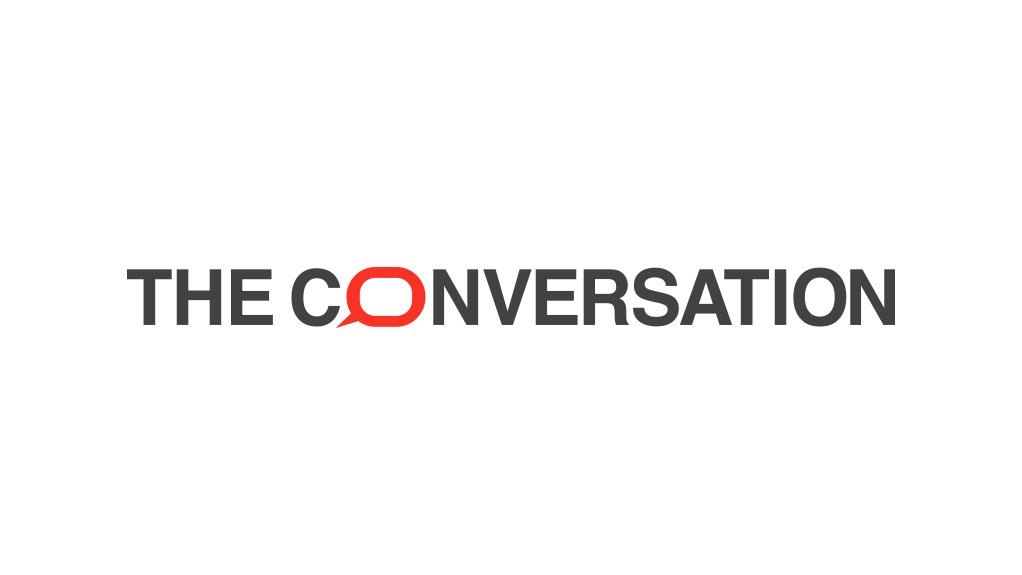But our research has found that the DRC can influence the shape of the cobalt market, in which it is the single largest producer. Cobalt is a very important metal. It reduces overheating in batteries and is essential in the manufacture of electric vehicles.
Our research, conducted in both China and the DRC, reveals how governments that are often viewed as peripheral, such as the DRC, can influence and sometimes define global industries.
Our findings were based on months of fieldwork in the artisanal and industrial cobalt mines of the DRC and on China’s infrastructure developments. We also examined local media and government documents to review legal and administrative decisions.
We found that there’s a high level of control by the DRC government, both national and regional. Mining policy decisions made by politicians in the DRC’s capital Kinshasa or mining regions like Kolwezi are felt throughout global battery supply chains. For instance, as the producer of 70% of the world’s cobalt, the DRC has influence over the global electric vehicle battery supply chain.
Despite this, the DRC isn’t using this influence for the benefit of the DRC people. An estimated 74% of people in the DRC continue to live in poverty. Some mining revenues flow to the government but communities living near mines see little improvement in their daily lives. Many continue to face poverty, pollution, and dangerous working conditions in and around the mines.
China’s cobalt processing
Cobalt was first mined in the DRC in 1914 during the long period of Belgian colonisation, from 1885 to 1960, when many of the country’s precious resources were pillaged by Belgium.
Today, DRC cobalt is shipped to China, which accounts for 65% of all global cobalt processing into cathodes for lithium ion batteries (rechargeable batteries). China is also the world’s biggest producer of these batteries and dominates the electric vehicle industry. In 2023, one in five cars sold worldwide was an electric vehicle.
In China, the cobalt refining and battery manufacturing industry has grown rapidly over the past two decades. Chinese companies have invested heavily in developing advanced processing technologies and large-scale production facilities.
These factories transform raw cobalt from the DRC into high-purity cobalt compounds and integrate them into battery cathodes. Chinese companies like Huayou Cobalt, CATL and BYD have become global leaders in cobalt refining and battery production, supplying the global electric vehicle market.
DRC influence over the cobalt industry
Though Chinese mining companies, both private and state-owned, control vast cobalt deposits in the DRC, our research concluded that the DRC can exert significant influence over the wider industry.
For instance, when the DRC government suspended exports from the largest Chinese-owned cobalt mine in 2022 over financial disputes, it temporarily halted about 10% of global cobalt production.
More locally, when governor Fifi Masuka Saini was appointed in DRC’s cobalt-rich Lualaba province, she seized trucks that were transporting cobalt to pressure Chinese companies that received the largesse of the former governor and close ally of President Kabila. The result was a realignment of Chinese operators with the new government.
Local politics can also cause a standstill in production. For instance, China’s cobalt industry sources some cobalt from artisanal miners and in 2021, the DRC’s national government cancelled contracts from artisanal sites even though they had been approved by the provincial government. While Kinshasa pushed for the establishment of a centralised purchasing company for the artisanal cobalt produced in the province, provincial interests clashed with this approach. Chinese operators found themselves in the middle. Lengthy negotiations between the Chinese and Congolese ensued which placed the company in a slippery situation depending on the political wills of both Kinshasa and Kolwezi.
The government has also been able to use its influence over minerals by pushing for better terms in mining contracts and more domestic processing of minerals. In 2018, for instance, it declared cobalt a “strategic” resource and tripled export taxes.
Locals haven’t benefited
However, despite the influence the DRC can exert over the sector, those that should be benefiting from the lucrative cobalt industry, like the miners, aren’t.
Today, there are at least 67 artisanal cobalt mines in the south east of DRC. About 150 000 artisanal miners work in the industry, and face hazardous conditions.
These include being buried in collapsing mine pits and exposed to radioactive gas.
Miners are also exploited, with up to 50% of their revenue seized by cooperatives – associations of miners that are often controlled by powerful politicians. An estimated 40 000 children labour in the DRC’s artisanal cobalt mines under dangerous circumstances.
Local realities matter
Our research shows that the shift to clean energy technologies is not simply a matter of scientific innovation or great power politics. Global supply chains can even be shaped by local elections in African mining towns.
The transition to renewable energy is global. Countries like the US and China need to treat producer nations like the DRC as partners in the global energy transition rather than just suppliers of raw materials whose local populations could be harmed by the transition. This could be done by supporting the set up of localised supply chains, more local added-value, including further transformation of the cobalt in the DRC, fairer contracts, and more.
Especially as the electric vehicle revolution accelerates, the often-overlooked voices and interests of mineral-producing regions like the DRC must be heard. By revealing these less visible power dynamics, this research provides insights for policymakers, companies and concerned citizens working towards a cleaner energy future.
Written by Raphael Deberdt, Postdoctoral Fellow, Mining Engineering Department, Colorado School of Mines and Jessica DiCarlo, Assistant Professor, University of Utah
This article is republished from The Conversation under a Creative Commons license. Read the original article.











